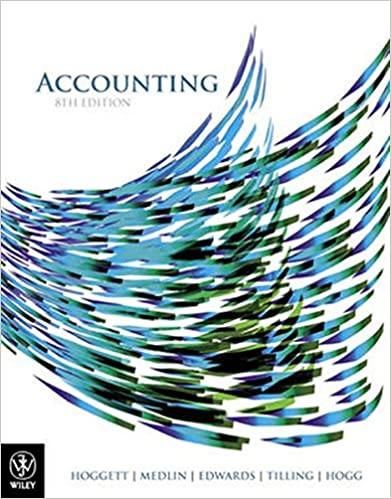c) Jerry and Sundar are partners who share profits 40% and 60%. Before Bill was admitted to the partnership, 5 Jerry's and Sundar's capital balances were $85.000 and $60.000, respectively. Bat contributed 595,000 in cash to the partnership for a one-half interest. After Billis admitted to the partnership Sundar will have a capital balance of d) Rick. Sam, and Yeshiv are partners who share profits 50%, 25%, and 25% Their capital balances were $78,000, $52.000, and $30,000, respectively, before Yeshiv's retirement. Rick and Sam each paid Yeshiv $20,000 from their personal assets to buy half his interest. After Yeshiv has withdrawn Rick will have a capital balance of $_ e) Matt. Nick, and Scott are partners who share profits 30% 30% and 40%. Their capital balances were $105,000 $70,000, and $35,000, respectively, before Scott's retirement. Scott was paid $55,000 from partnership assets to buy his interest. After Scott has withdrawn Matt will have a capital balance of $_ 1) Gina, Jane, and Ping are partners who share profits 40%, 20% and 40%. Their capital balances were $35,000 $15,000, and $10.000, respectively, before Ping's retirement Ping was paid $7.000 from partnership assets to buy her interest. After Ping has withdrawn, Gina will have a capital balance of 3) Rhodes Wholesale Merchandise had 4,000 preferred shares of $5 no par value issued at $20 per share and 15,000 common shares of no par value issued at $25 per share throughout 2001. These data apply to each of the independent situations below. 1. Assuming that total dividends declared in 2001 were $35.000 and that the preferred shares are not cumulative, common shareholders should receive total 2001 dividends of [12] 2. Assuming that total dividends declared in 2001 were $80,000 and that the preferred shares are cumulative with two years' preferred dividends in arrears on December 31, 2000, the preferred shareholders should receive 2001 dividends totalling 3. Assuming that total dividends in 2001 were $30,000 and that the preferred shares are cumulative with one year's preferred dividends in arrears on December 31, 2000, the preferred shareholders should receive 2001 dividends totalling $







